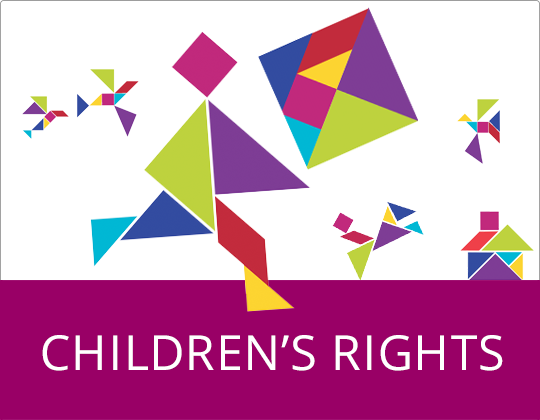To foster and concretely support positive digital parenting approaches, the Council of Europe has published a new guidance tool on "Parenting in the digital age" containing “positive parenting strategies for different scenarios”. The guide promotes the idea that positive parenting practices, based on open communication and trust, should be extended into the online world, and provides hands-on advice on how to react, as a parent or caregiver, to critical situations encountered by children. Likewise, parents and caregivers are called upon to closely watch their own behaviours as they share online (images for example) or regularly use digital technologies throughout the day.
In line with a previous Digital parenting guide (2017), the Internet Literacy Handbook (2017), and relevant Council of Europe standards, such as CM/Rec(2018)7 on Guidelines to protect, respect and fulfil the rights of the child in the digital environment, our Organisation continues to call for a balanced approach both supporting children’s equal opportunities in accessing digital technologies and their protection from harm.





